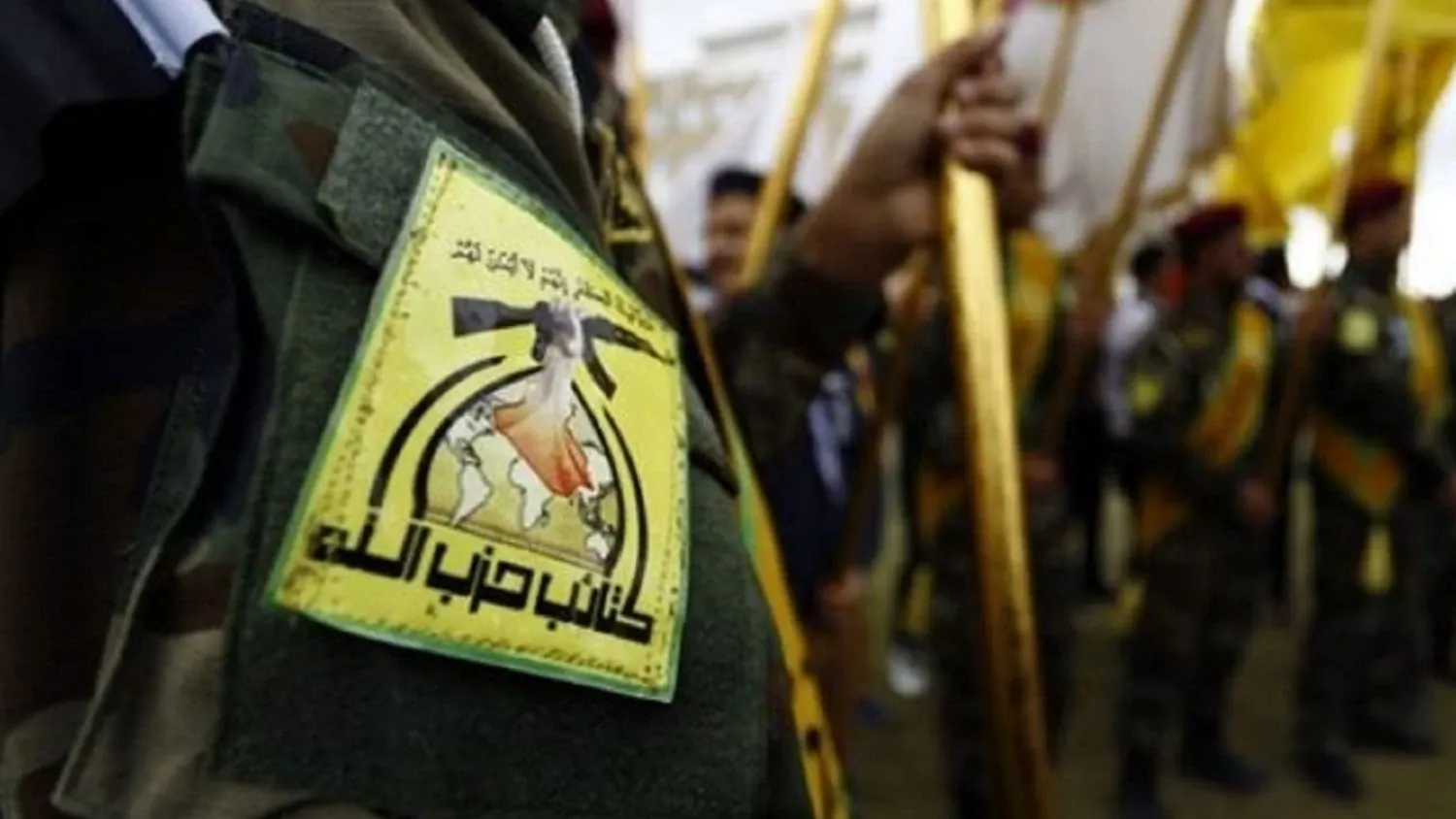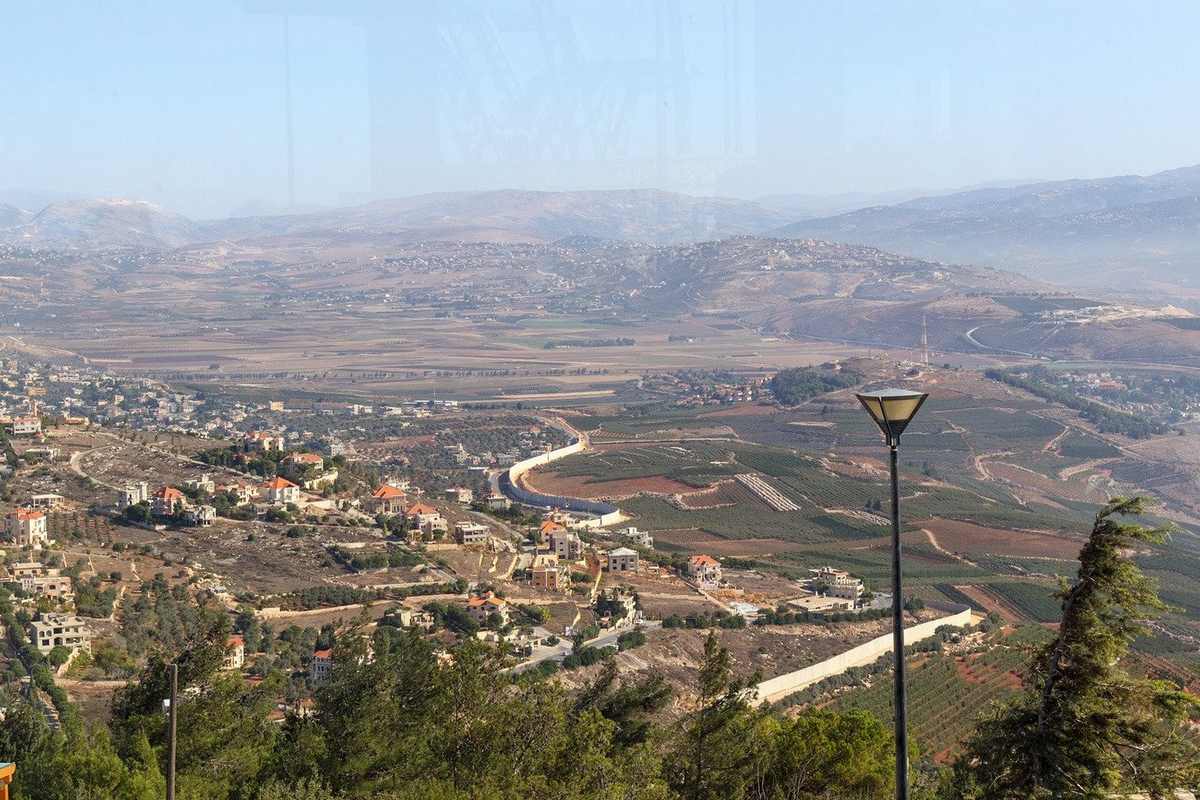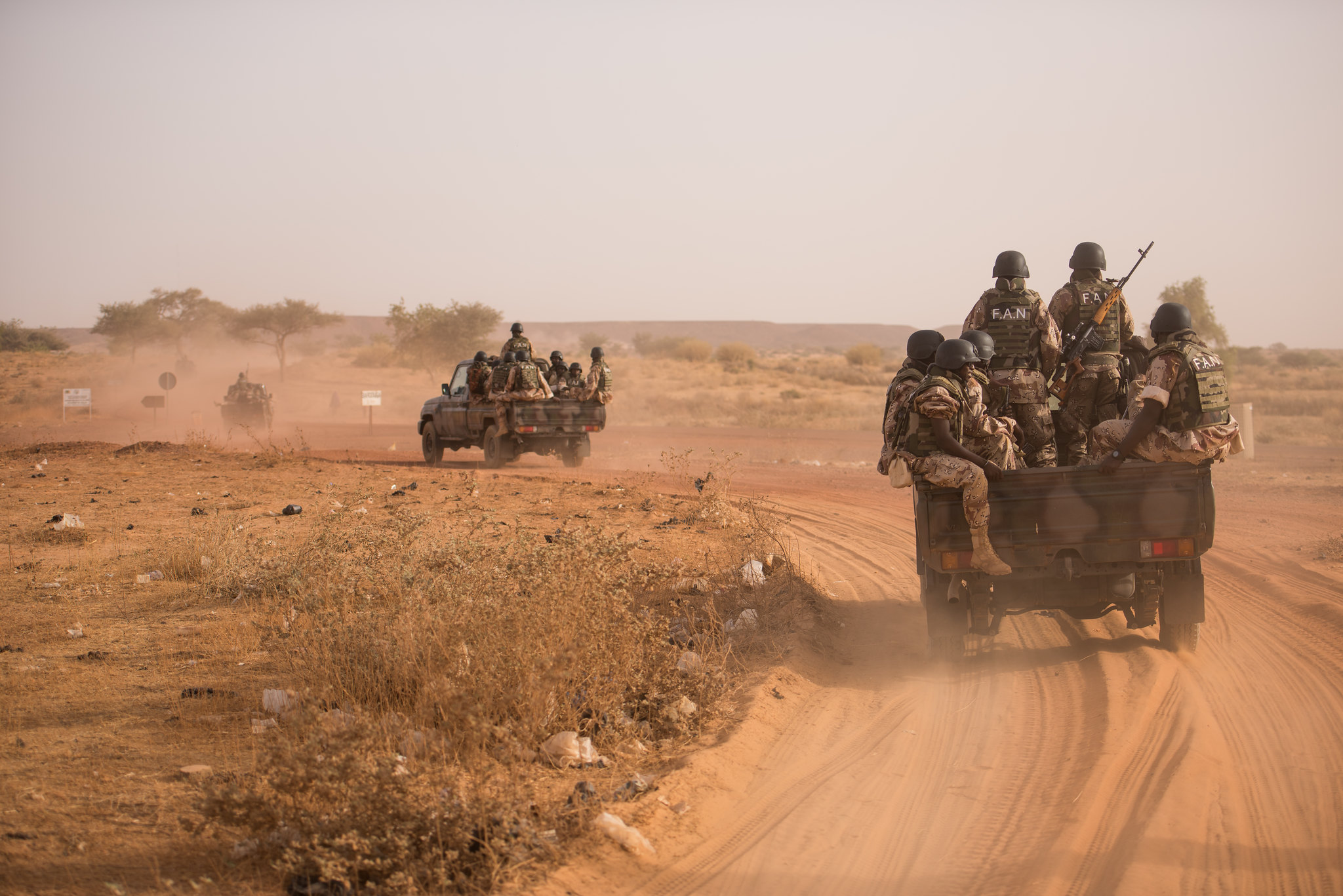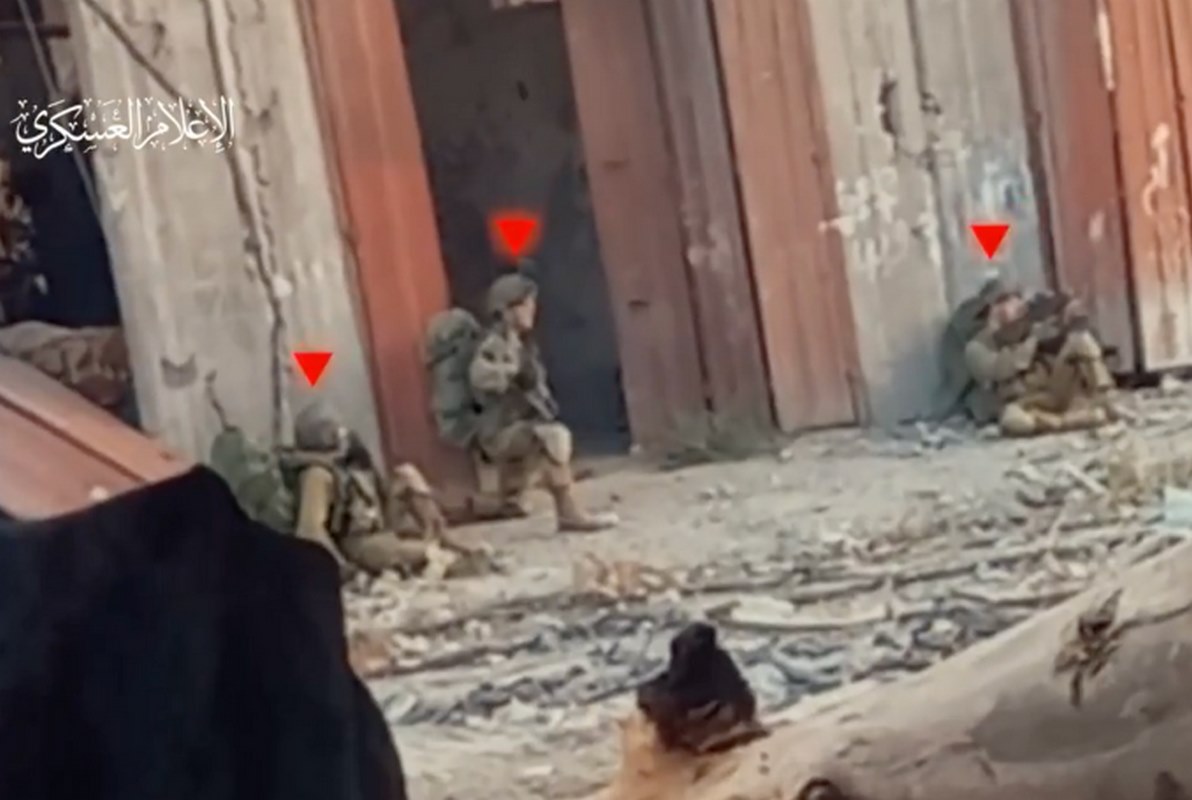The risk for the slaughter in Gaza to expand into a wider war in Lebanon and other neighboring countries of Israel has ratcheted up significantly after Prime Minister Netanyahu told television news that following the “intense phase” in Gaza operations, forces will be shifted north to the border with Lebanon.
“If we can, we will do this diplomatically. If not, we will do it another way. But we will bring (the residents) home,” he said, referring to tens of thousands of Israeli residents on the border who have fled from tit-for-tat violence between Hezbollah and Israel. “We can fight on several fronts and we are prepared to do that”.
While the White House has pledged to support Israel in the event of a wider war, President Biden’s deputy Amos Hochstein recently met with senior Lebanese officials to warn them that Washington doesn’t believe it can hold Netanyahu and his cabinet back “if the situation on the border continues to escalate”.
Hezbollah is supposed to have responded by saying it is prepared to fight Israel. Likewise, Defense Secretary Lloyd Austin met with his counterpart in Tel Aviv, Yoav Gallant, and “urged” him to de-escalate tensions with Lebanon and avoid a “destructive war that neither Israel nor Lebanon wants”.
Since October 7, 2023, there have been over 4,400 rocket, missile, and other stand-off attacks by Israel and Hezbollah combined, according to a report from the Center for International and Strategic Studies, a national security think tank that estimates the paramilitary group to have a stockpile of 120,000 to 200,000 short-range, guided ballistic missiles, intermediate-range unguided ones, and a variety of rockets.
With such an arsenal, and backing from Iran to a never-stipulated degree, Hezbollah presents an altogether different challenge than Hamas. For this reason, Pentagon officials have warned that they may be unable to provide some of the aid Tel Aviv would need, and Israel’s air defenses could be overwhelmed.
Tel Aviv has demanded that Hezbollah abide by UN Security Council Resolution 1701, which was passed at the end of the 2006 conflict between the two and stipulated limits to the positioning of military forces along the border. Hezbollah responded that there will be no agreement in Lebanon until there is one in Gaza.

What would a wider war look like?
Major aid agencies operating in Gaza have said that conditions are so far beyond what international aid is allowed to come in, with one senior reporter with 18 years of experience covering America’s wars in the Middle East describing the living Gazans as “soul dead” and like “zombies”.
Nearly 50,000 people have been killed, another 85,000 have been wounded—many who have to be treated with minimal medical equipment. Despite this, outside attempts to avenge the Palestinians have been non-existent. Surrounding Arab nations have done virtually nothing to intercede on the Gazans’ behalf as they once did during the two brief wars in the 20th century.
A wider war therefore wouldn’t include Egypt, Saudi Arabia, the government in Baghdad, and Turkey, but several armed groups operating more or less with impunity from the national governments under which they live because of the popularity of the Palestinian cause: Hezbollah, Islamic Resistance in Iraq, the Houthi government which controls Yemen, and to a clandestine extent, perhaps the Iranian Quds, a deniable, special forces branch of the Iranian Revolutionary Guard Corp.
The recently appointed Chairman of the Joint Chiefs of Staff, Gen. Charles Q. Brown, also said if Israel attacks Lebanon, the war could draw in other forces, and that Iran “would be more inclined to support Hezbollah particularly if they felt that Hezbollah was being significantly threatened”.
Qais al-Khazali, leader of Asa’ib Ahl al-Haq, part of the Iraqi army’s militia groups known as the PMF, said in a televised speech on Monday that if the US were to assist Israel in attacking Hezbollah directly, “then America should know that it will put all its interests in the region, particularly in Iraq, at risk and make them a target”.
Al-Khazali said that they had intelligence the US was preparing to do just that. PMF groups like Asa’ib Ahl al-Haq and Kataib Hezbollah have conducted over 100 separate strikes on US bases, causing around 60 brain injuries like concussions from the blasts. In January, a direct hit on the Tower 22 base in Jordan killed 3 US servicemen.
Meanwhile, Lebanese Hezbollah leader Sayyed Hassan Nasrallah warned last week of a war “without rules or ceilings” in the event of a full-scale Israeli offensive against the Lebanese militia, threatening Cyprus by name. The easternmost EU member has a bilateral defense cooperation agreement with Tel Aviv, and Nasrallah suggested that if any attacks were permitted to be launched from Cypriot airstrips, then the EU too would be drawn into a wider war.
Already, Israeli strikes in southern Lebanon have killed 400 people, and the military already approved a plan for an invasion of the south. WaL
We Humbly Ask For Your Support—Follow the link here to see all the ways, monetary and non-monetary.
PICTURED ABOVE: Israel’s border wall with southern Lebanon, seen from Kibbutz Misgav Am. PC Lynda M. U., retrieved from Trip Advisor.



